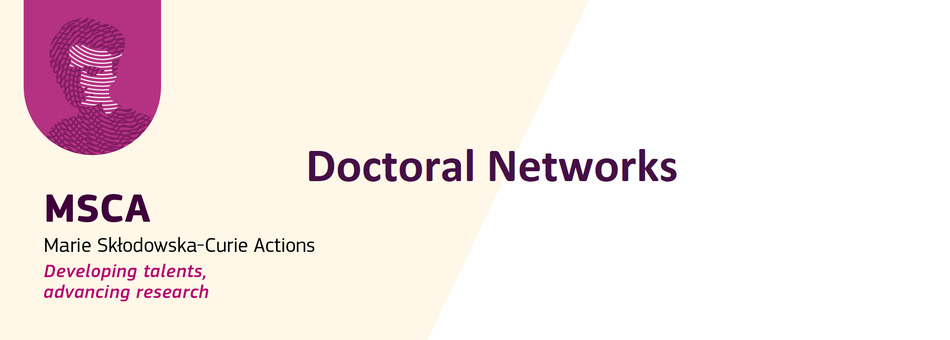Expected Outcome:
Projects should contribute to all of the following expected outcomes:
- Effective management of processes of job creation and job destruction triggered by macro drivers of change;
- Different socio-demographic groups and regions are favourably affected by the creation of new green jobs and new industries;
- The negative effects associated with the destruction of some jobs in carbon-intensive activities are mitigated so that nobody is left behind as a result of the reallocation of jobs across regions and sectors;
- Reskill and upskill older workers and/or unskilled workers to ensure a smooth transition to the emerging jobs/sectors.
Scope:
Globalisation, technological change, demographic change, green transition and other macro drivers of change are accelerating the processes of job creation and job destruction. These have profound socioeconomic effects. On the one side, they lead to changes in the status of people (e.g. from unemployed to employed); working lives are more fragmented, with less stable working relationships. On the other side, they reshape the economic landscapes and ecosystems of different sectors, often linked with technological, social and business innovation. All of these impacts underscore the need to develop effective policies to minimise costs and maximise benefit. The topic should identify the best ways to train refugees, immigrants, women, older and younger people, people affected by disabilities, unemployed and inactive, medium and low skilled employees, low and medium educated people, individuals living in rural areas, NEETs (not in education, employment, or training), since these people have fewer resources to cover transition spells.
The proposals may investigate the following issues:
- How should the reallocation of labour within and across sectors take place to ensure social integration and that nobody is left behind?
- How do we reskill and upskill older workers and/or unskilled workers to ensure a smooth transition to the emerging jobs/sectors?
- What are the upskilling/re-skilling programs that work the best (maximising the benefits while minimising the costs)?
- What are the impacts of the green transition on labour market opportunities of different and disadvantaged socio-economic groups, across economic sectors, green-vs.-brown job decompositions, and income brackets?
- Given the pre-crisis trend of constant increase of labour market participation, how could we increase the labour market participation of under-utilised workforce?
Clustering and cooperation with other selected projects under this call and other relevant projects are strongly encouraged. International cooperation is encouraged, especially with EU Neighbourhood and candidate countries.





